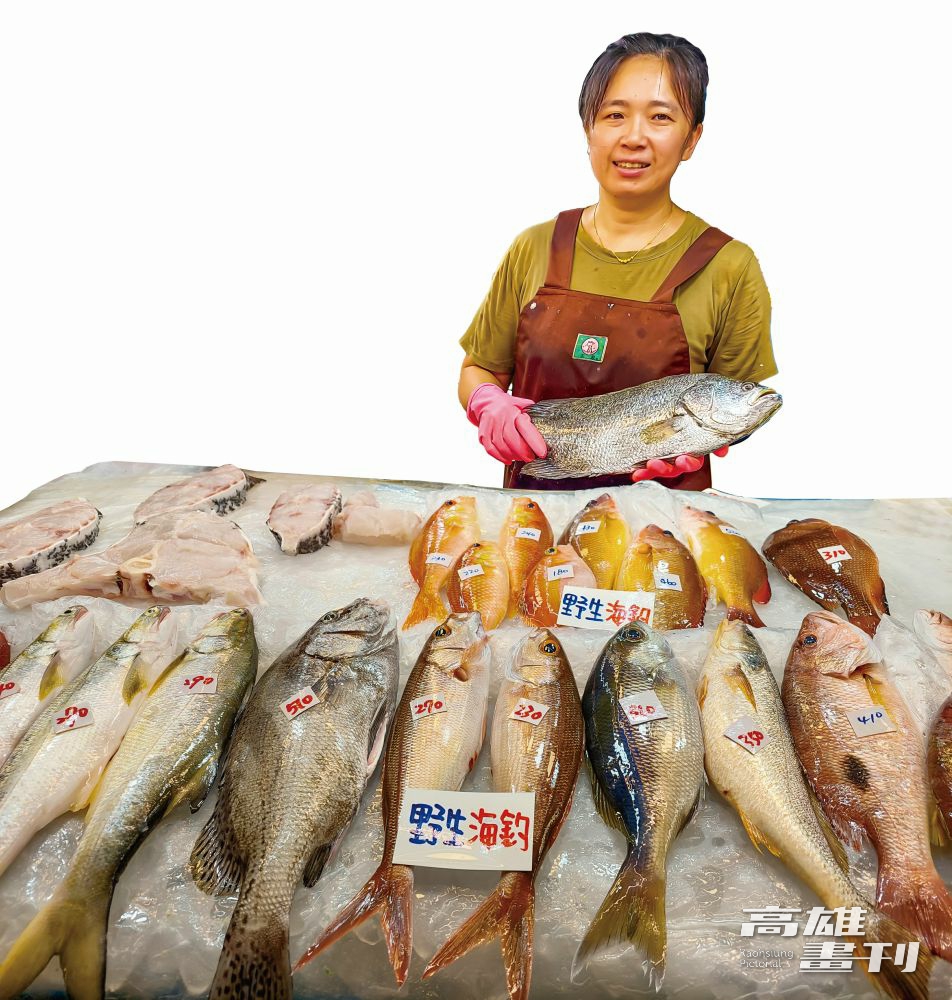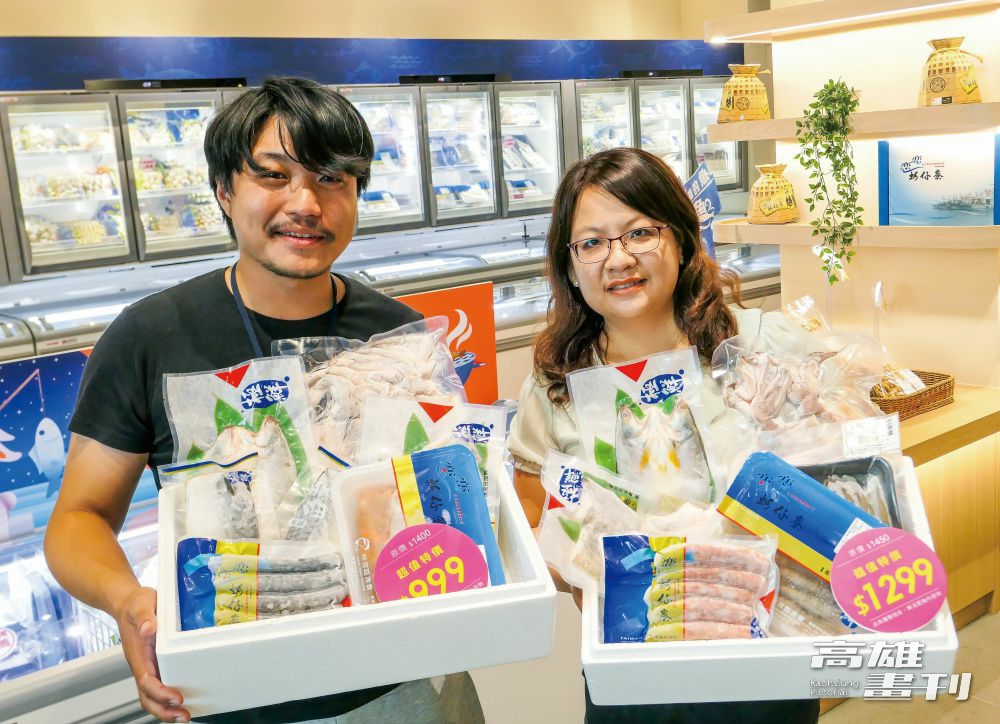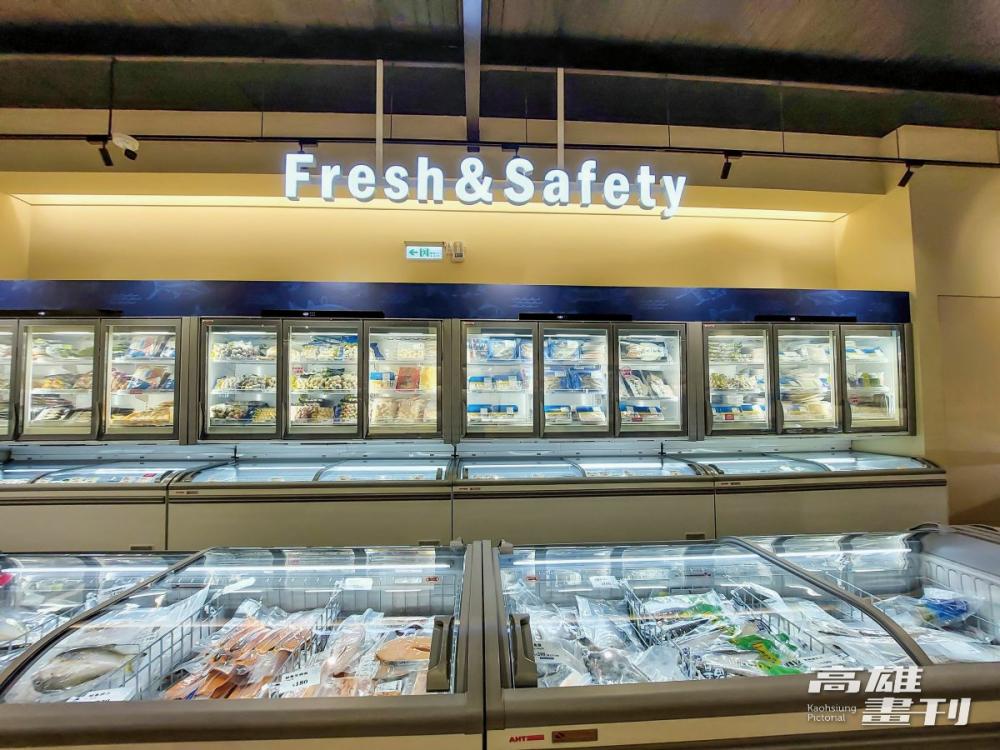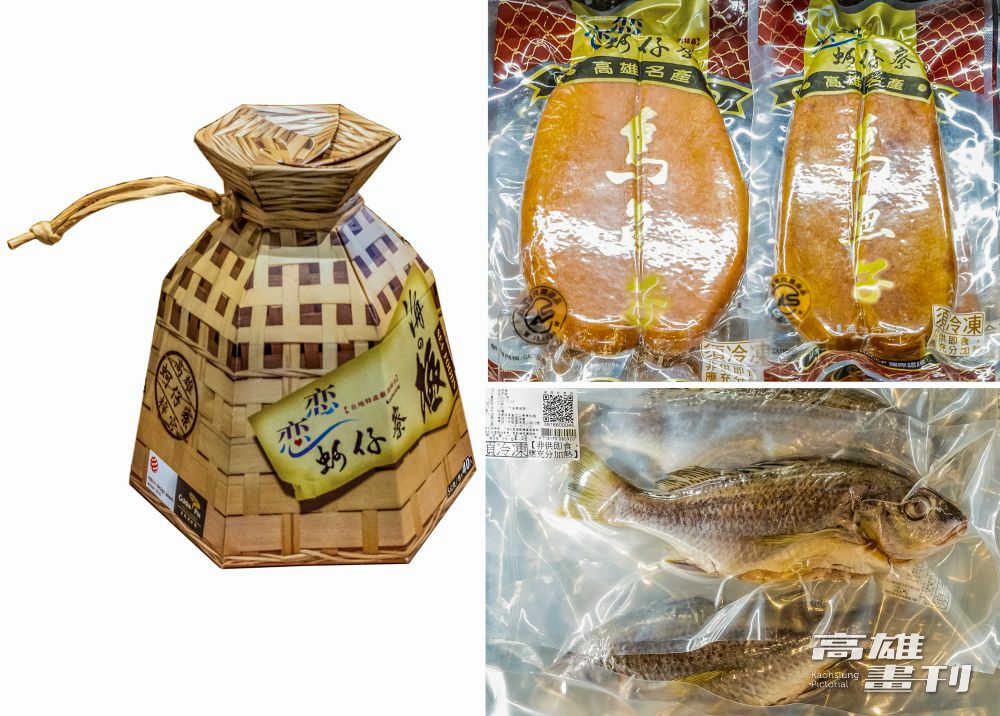發布日期:2023-10-20更新日期:2023-10-20
Kezailiao Harbor: A Paradise for Seafood Connoisseurs
Kezailiao(蚵仔寮)is in Kaohsiung's Zihguan District(梓官區). Kezailiao (蚵仔寮) means “oyster shack,” derived from the locals who cultivated oysters along the coast during the Cing Dynasty. During World War II, the Japanese government requisitioned the area for military use, and due to coastal erosion, the oyster racks gradually disappeared. In the 1980s, the flathead grey mullet (Mugil cephalus) was a high-valued economic fisheries product. If the fishermen were lucky, they could earn millions in just one night. The grey mullet "Wujin" moniker is referred to as "gold" as it brings wealth to the local fishermen. Unfortunately, many local fishermen have recently been intercepted by other countries' fishing boats upstream, and this, combined with global climate change, has resulted in a significant decline in the capture of the coveted grey mullet.

Kezailiao Harbor is about a half-hour drive from downtown, and the fish market holds auctions every day at noon. Cai Jheng-cai(蔡政財), a council member of the Zihguan Fisheries Association(梓官區漁會), says, "The fishermen in Kezailiao live at the mercy of the weather. We eat whatever the gods provide for us." The fishermen sometimes catch delicate and small fleshy fish like Japanese butterfish (Psenopsis anomala) and Taiwan mausia shrimp (Acetes intermedius). Other popular products include deep-sea largehead hairtail (Trichiurus lepturus) or neritic squid. Another distinguishing feature of the fish market is its convenient seafood one-stop shop. The products go from auction to retail and can even be prepared onsite, making it a seafood paradise for Kaohsiung's cuisine connoisseurs.


Twenty years ago, the Zihguan Fisheries Association transformed the traditional fish market into the "Kezailiao Fish Market Direct Sales Center." It was the first in the country to receive a HACCP management certification. It is also the first seafood market where the catch does not touch the ground. All the fishermen, fishmongers, and auction officials wear hats and rain boots. Smoking and chewing betel nuts are prohibited, and the floors are cleaned with waterpipes to remove stains and waste from where the fish are gutted. The well-organized market has designated areas for weighing and processing, making it feel like a clean and cozy supermarket. This year, the Fisheries Association even introduced an exclusive "Mobile Cold Chain Vehicle" with freezing technology. Jhang Jyun-hua(張鈞華), the Secretary-General of the Fisheries Association, says, "Access to fish in rural areas like Taoyuan(桃源), Jiasian(甲仙), and Meinong(美濃)is usually limited, but the mobile cold chain cars can now directly bring fish to sell in other places, so it's just like a mobile fish market."

Over the past century, the fishermen of Kezailiao have embraced the challenges of a new market era with an open mind, aiming to make their harbor a trusted and renowned seafood market, while ensuring good quality fresh seafood for the public.